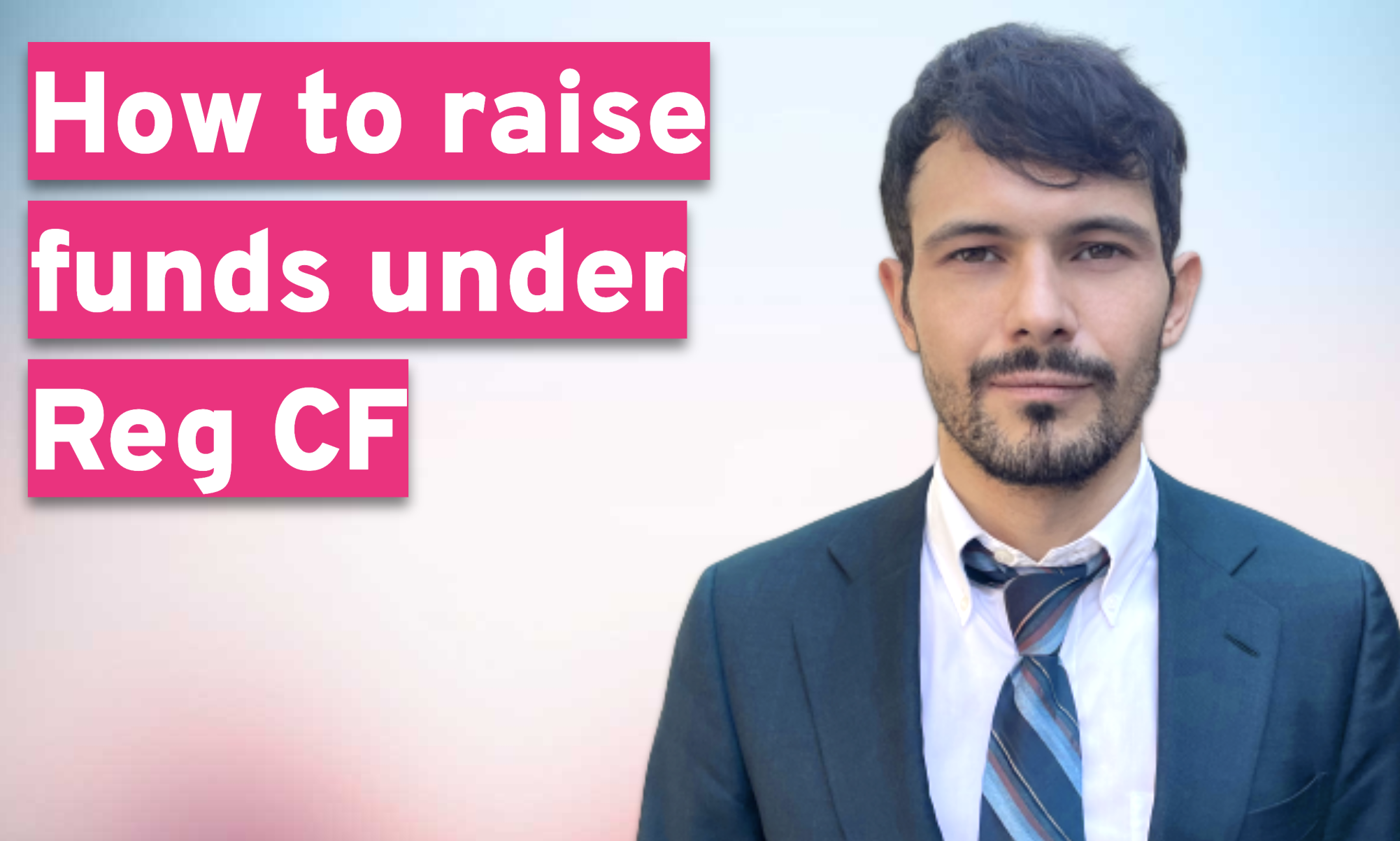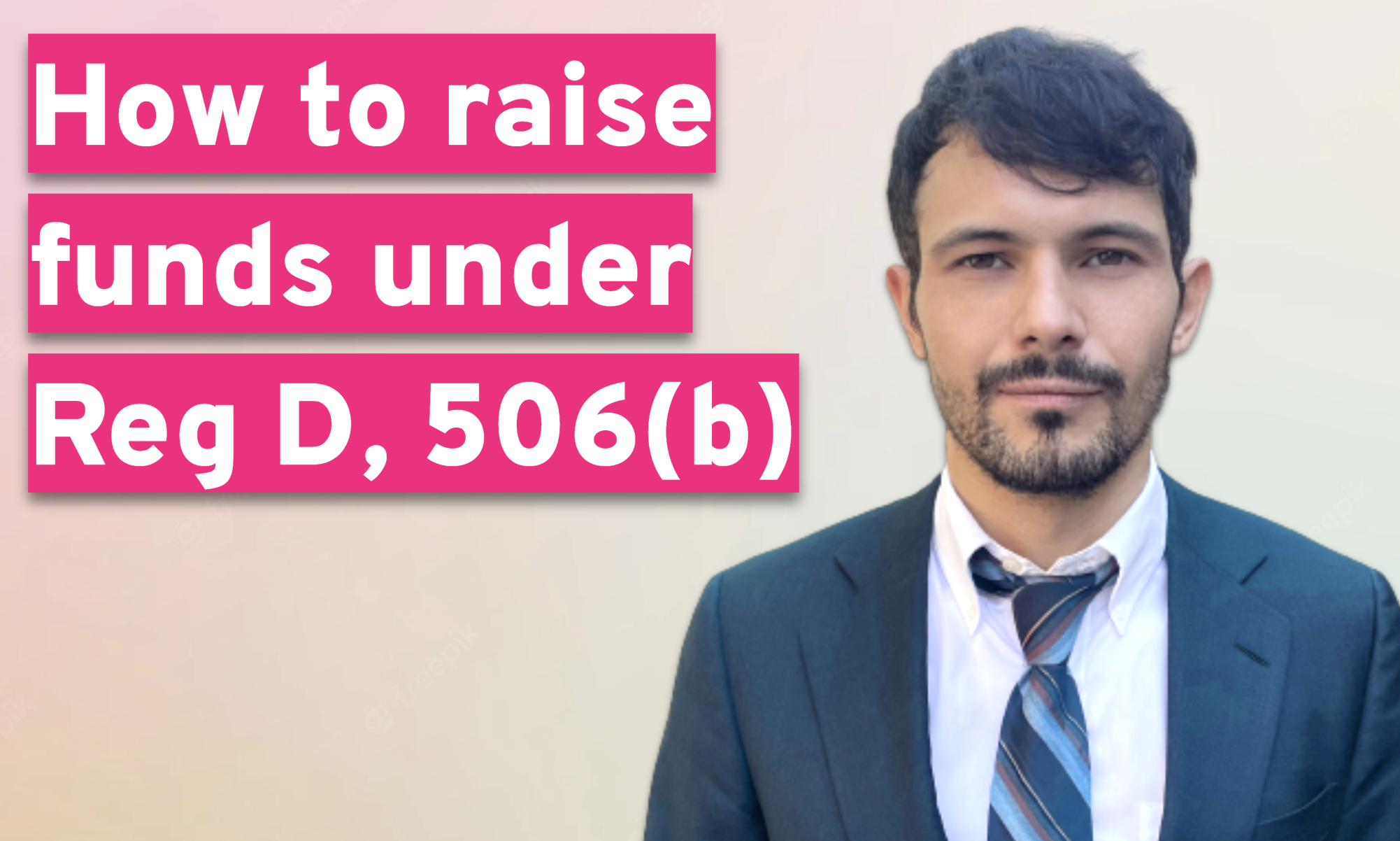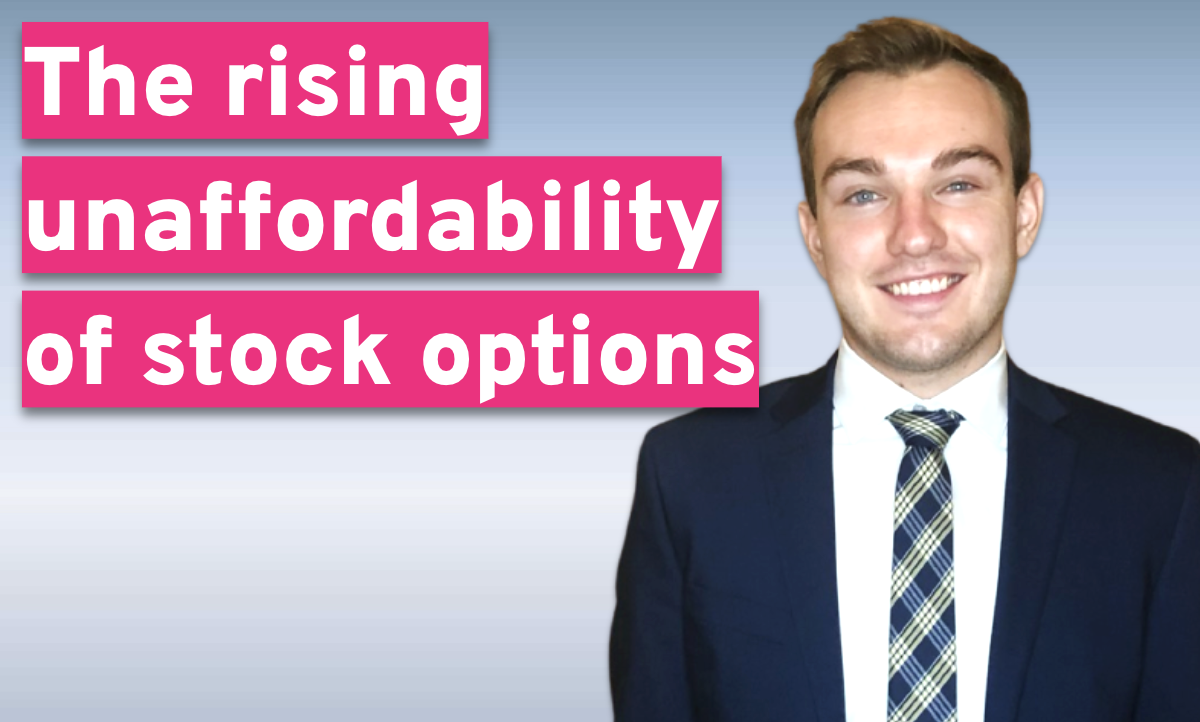Raising funds for your startup is never easy. Despite having interest from investors, you still need to make sure you are legally prepared to raise funds. This is part of our series of posts on how to legally raise funds in the United States.
Table of Contents
What is equity crowdfunding or Reg CF?
Equity Crowdfunding (also known as “Regulation Crowdfunding” or “Reg CF”) is a securities exemption whose legal framework authorizes US companies to raise capital by leveraging internet and social media in an “online only” offering of securities. Introduced by the JOBS Act under its Title III Equity Crowdfunding, Reg CF campaigns allow the issuing company to reach out to both accredited and non-accredited investors and raise up to $5 million in any rolling 12-month period. In order to be compliant, a Reg CF offering and its underlying transactions must be conducted through one of two types of SEC-registered intermediaries: a broker-dealer or a funding portal (hence, a Reg CF campaign hinges on pitching, applying, and getting approved by a crowdfunding intermediary).
What is the difference between crowdfunding and equity crowdfunding?
The nomenclature of “crowdfunding” can be misleading, as this broad term can refer to donation-based, reward-based, or equity crowdfunding. In a reward-based model (such as Kickstarter or GoFundMe), contributing backers can often receive “perks”, but will presumably not receive securities; conversely, “equity crowding” (or Reg CF, as the kids say) is an online capital raising avenue that is governed by securities law. All parties investing in a Reg CF campaign should expect to purchase securities (SAFEs, convertible notes, or equity) from an issuing company and are, thereby, considered investors.
What companies are eligible to raise under Reg CF?
Reg CF is solely available to U.S. companies, and there are certain categories of issuers that are ineligible to raise in reliance on Reg CF: (1) reporting companies; (2) investment companies and companies excluded from that definition by Sections 3(b) and (c) of the Investment Company Act of 1940, except for specific Reg CF SPVs; (3) companies that have raised under Reg CF in the past and have failed to comply with the required ongoing reporting requirements; (4) issuers with no specific business plan or a business plan to merge with unidentified companies; and (6) issuers that are subject to the disqualification provisions of Reg CF Rule 503.
How much can I raise under Reg CF?
The maximum aggregate amount a company may raise through equity crowdfunding offerings is capped to $5 million in any rolling 12 month period; however, Reg CF offerings are oftentimes conducted simultaneously with an offering under Regulation D, Rule 506(c), which allows companies to raise aggregate proceeds that can exceed $5 million.
How do I raise under Reg CF?
A Reg CF offering must be conducted through a SEC-registered intermediary: either a broker-dealer or a funding portal (let’s call these intermediaries “Portals” to facilitate the drafting reading of this blog article). Before companies determine whether a Portal will be a good “fit” for their offering, they should inquire about the Portal’s applicable fees (it can be a dollar-based fee, a securities-based fee, or both), and confirm that the Portal fully accepts the offering terms and dynamics of the financing round. Points of negotiation often include the company’s valuation, the price per share of the stock that the company is willing to sell should an equity round occur, or the terms of the applicable securities instrument such as the valuation cap of a SAFE or the interest rate of a convertible note. Depending on the amount of proceeds that the company is willing to raise, and provided that the Portal confirms that they are comfortable with such maximum amount, the company will then typically reach out to a certified public account to assist with the preparation of the applicable financial information disclosures required by the Reg CF rules. As the financial information is being prepared, the company will often work simultaneously on two fronts: working with the Portal to prepare the online landing page and marketing strategy of the Reg CF campaign and working with their securities attorney to clarify any legal issues as the Form C is being prepared.
What is a Form C?
Reg CF requires the issuer to make specific disclosures publicly available through a Form C, an offering document prepared by securities attorneys that must be filed with the SEC on the EDGAR public website prior to the launch of the Reg CF campaign. A Form C is a detailed document meant to inform prospective Reg CF investors about the company and the offering, including information about the company’s business and business plan, financial condition, management team, previously issued securities, the securities that it expects to sell under Reg CF, the way the company intends to use the proceeds of the Reg CF campaign, and the risks pertaining to the investment opportunity.
Who can invest in a Reg CF offering?
Reg CF offerings are open to both accredited and non-accredited investors. While accredited investors have no investment limits, Reg CF Rule 100 mandates that non-accredited investors should be limited in the aggregate amounts they may invest under Reg CF in any 12-month period. This aggregate amount depends on whether the prospective individual investor has: 1) either an annual income or net worth that is less than $124,000 (with correspondingly low limit amounts) or 2) both an annual income and net worth of at least $124,000 (with correspondingly higher limit amounts).
Can investors resell the securities that they purchased under Reg CF?
Reg CF investments are extremely illiquid: once issued, the securities may not be resold for a period of one year, unless a) the securities are repurchased by the issuing company itself; b) the transferee is an investor that qualifies as an Accredited Investor; (c) the securities are resold as a part of an offering that is registered with the SEC; (d) the transferee is a member of the family of the purchaser or the equivalent, a trust controlled by the purchaser, a trust created for the benefit of a member of the family of the purchaser or the equivalent, or in connection with the death or divorce of the purchaser or other similar circumstance. Additionally, issuing companies may choose to impose transfer restrictions to the securities instruments they issue in Reg CF offerings.
Can I advertise my Reg CF campaign?
Not only can you advertise your live Reg CF campaign, you should -- most successful Reg CF issuers market outside of the intermediary’s communication channels. When giving more visibility to your campaign, the terms of the offering must often be detailed in public communications, as such communications are strictly governed by the “tombstone” advertisement format required by Reg CF Rule 204. While early crowdfunding rules forbade a company from advertising its offering prior to the filing of its Form C with the SEC, new Reg CF rules -- effected on March 15, 2021 – allow a company to “test the waters” prior to the filing of its Form C, provided that it complies with Reg CF Rule 206.
What financial information should I share under Reg CF?
Reg CF Rule 201(t) requires Reg CF issuers to attach US GAAP financial statements for the two most recently completed fiscal years to the Form C. Depending on whether the company is a first time Reg CF issuer and how much it seeks to raise in aggregate within a rolling 12-month period, the financials will need to be certified true and complete by the company’s principal executive officer or reviewed and audited by an independent public accountant. Further, a narrative discussion about the financial condition of the issuer should also be included as a part of the Form C to inform prospective investors about the material data points of the company’s liquidity, capital resources, and historical results of operations. Be warned: this preparation of the company’s financial disclosures with a CPA is typically the most time-consuming aspect of campaign building.
How long does it take to raise money under Reg CF?
The minimum duration for a Reg CF offering is 21 days, but many equity crowdfunding campaigns are “live” for one to three months, subject to the Portal’s approval. Keep in mind that a long campaign does not necessarily mean a more successful one, as Reg CF investors have the right to cancel their investment for any and all reasons prior a closing occurs.
About the author
- Attorney Advertising -
Côme Laffay, Esq. is a corporate and securities attorney. He is Counsel at KBL Roche, a transatlantic full-service boutique law firm with offices in New York, Paris, and Munich. Côme's practice focuses on capital raising activities in both the private placement and the crowdfunding spaces, with the goal of supporting entrepreneurs and financial intermediaries.
KBL Roche
1115 Broadway, STE 1011 New York, NY 10010
[email protected]
(646) 801-6171










